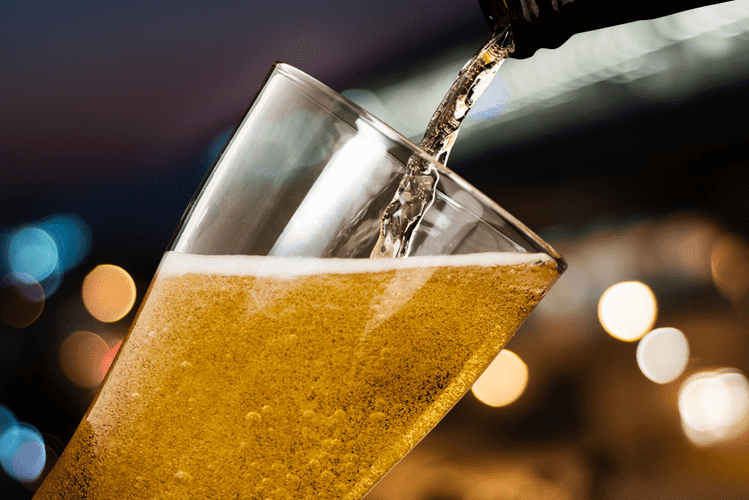Although we often turn to a glass of wine or a stiff martini to feel better, the irony is that drinking can have both short- and long-term negative effects on mood. Since alcohol floods the brain with dopamine, which influences how we feel pleasure, the “rush” of this feel-good chemical can cause anxiety to flare up as soon the levels begin to drop. Over time, this can turn into a detrimental cycle of drinking, feeling anxious, and then drinking more to reinstate a feeling of calm. That’s why alcohol consumption can lead to reduced mood, increased anxiety, and even depression.
For help quitting, resources are available from the Substance Abuse and Mental Health Services Administration (SAMHSA) or the National Institute on Alcohol Abuse and Alcoholism (NIAAA). If you or someone you know shows signs of delirium tremens, go to the emergency room immediately. Alcohol can cause problems in relationships, such as conflicts, communication problems, and trust issues. So, giving up alcohol may help you to improve your relationships with friends and family. Both the World Health Organization (WHO) and the Canadian Centre on Substance Use and Addiction have determined that there is not safe amount of alcohol.
What Does Alcohol Do to Your Brain?
While alcohol is high in calories, and wine, beer, and mixed drinks add sugar to one’s diet, Kumar said that simply cutting it out may not always help you lose weight. For anyone concerned about heart health, Dasgupta recommended decreasing alcohol what happens when you stop drinking alcohol intake and increasing physical activity, which also raises good cholesterol. “[The bottom line] is, protect the heart with [a] low amount of alcohol, but increase the risk of cardiovascular disease with high amount of alcohol,” Dasgupta said.

Your level of risk will depend on how much alcohol you have drunk over the long-term, as well as other factors like family history and lifestyle. But, as drinking even at low levels increases the https://ecosoberhouse.com/ risk of these diseases, deciding to stop drinking completely is a positive choice. “The crazy thing is, if you’re feeling withdrawal symptoms, this means you’re doing something right,” says Leon.
How does my physical health improve when I stop drinking?
It may make you feel drowsy and fall asleep quickly—but later in the night it messes with your sleep patterns as it works through your system. Since alcohol is a depressant, it can throw your sleep cycle off balance by slowing down your nervous system. As your nervous system speeds back up once the alcohol exits your system, you may experience sleep disruption and wake up more throughout the night. “Insomnia is pretty common among people who abuse alcohol,” Dr. McGrath says. They can recommend treatment options that can help, including therapy and medications. Psychotherapy options such as cognitive-behavior therapy (CBT) and motivation enhancement therapy (MET) can help change unhelpful thinking patterns, teach valuable coping skills, and improve the motivation to quit.
برچسب ها: